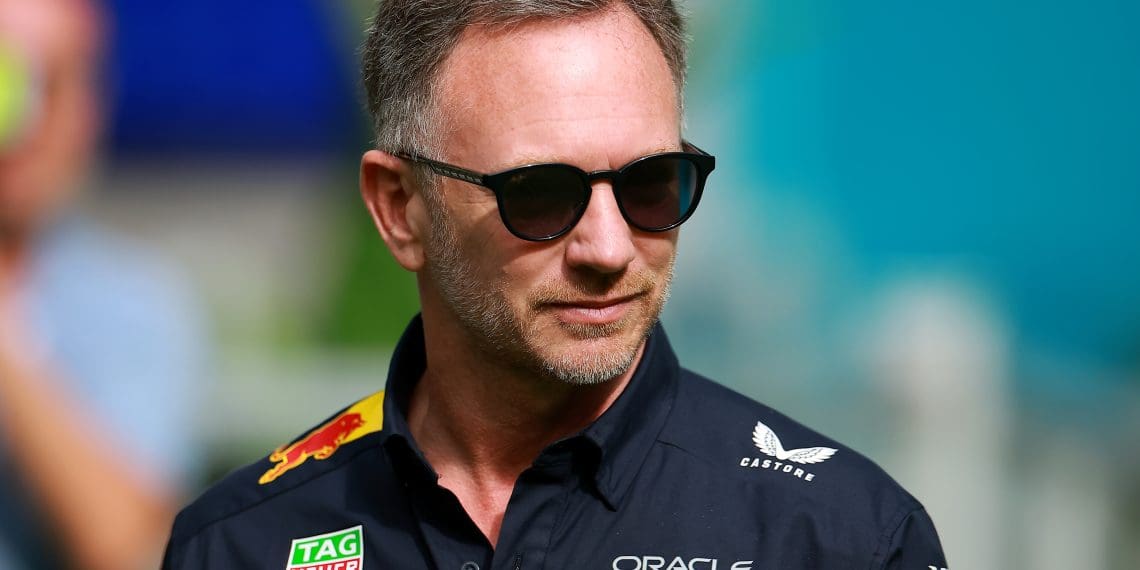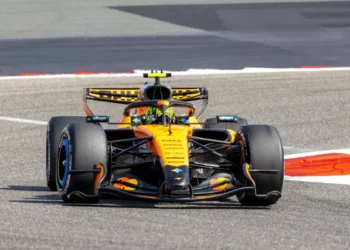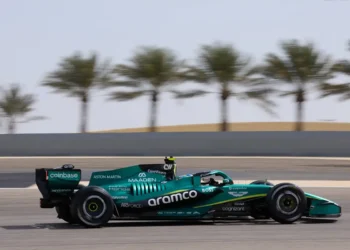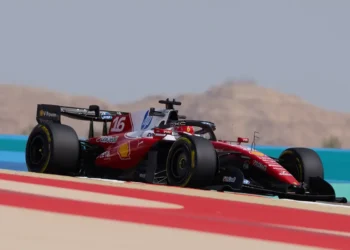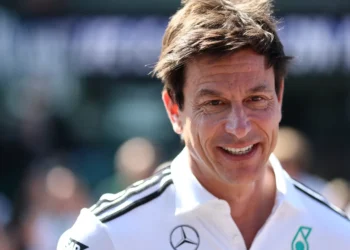Christian Horner, the Team Principal of Red Bull Racing, has ignited a fiery debate in the Formula 1 world by throwing his weight behind a potential shake-up of the 2026 engine regulations. With concerns looming over the performance implications of the next-generation hybrid power units, Horner has vocalized his support for the FIA’s push-to-pass concept as a viable solution to the impending issues.
The proposed changes to the 2026 regulations have sparked intense scrutiny as power units are set to derive nearly half of their total output from electrical energy. While this move aims to propel F1 into a more sustainable and road-relevant future, simulations from various teams have uncovered a troubling prospect. Drivers may find themselves in a position where they must excessively lift and coast during both qualifying sessions and races to effectively manage energy recovery, particularly on slower circuits.
Following a recent F1 Commission meeting, Horner validated these concerns, highlighting a shared apprehension among manufacturers. Despite conflicting views from figures like Toto Wolff of Mercedes, who previously dismissed any reduction in deployment as “a joke,” Horner stands firm on the potential challenges that lie ahead.
In response to the looming threat of energy shortage during races, the FIA has suggested a strategic intervention: maintaining the technical specifications of the 2026 engines while curbing the usable battery deployment throughout the race. This adjustment would pave the way for a driver-controlled power boost, essentially introducing a push-to-pass system that deviates from the current norm of constant deployment.
Horner, known for his outspoken nature, expressed his belief in the merit of this proposal, emphasizing the importance of considering such changes within the broader scope of Formula 1. The introduction of a push-to-pass system, alongside the already approved “manual override mode” intended to replace DRS, could potentially revolutionize the dynamics of racing, providing drivers with enhanced acceleration in specific scenarios.
However, Horner cautioned against the implementation of these changes without a comprehensive overhaul, warning of potential strategic anomalies that could mar the racing spectacle. With the specter of excessive lift-and-coasting looming over qualifiers and races, particularly on certain circuits, the need for a balanced and effective solution is more pressing than ever.
As discussions continue among stakeholders, any alteration to the 2026 power unit regulations would necessitate a supermajority consensus across F1, the FIA, and all teams. Horner remains steadfast in his commitment to prioritizing the sport’s best interests, underscoring the need for proactive measures to uphold the integrity and competitiveness of Formula 1 in the face of evolving challenges.
In a sport where innovation and controversy often go hand in hand, the proposed push-to-pass system for 2026 stands as a testament to Formula 1’s relentless pursuit of excellence and adaptability. With Christian Horner at the forefront of this debate, the future of F1 hangs in the balance, teetering between tradition and transformation, as teams and fans alike brace for a new era of racing dynamics.

